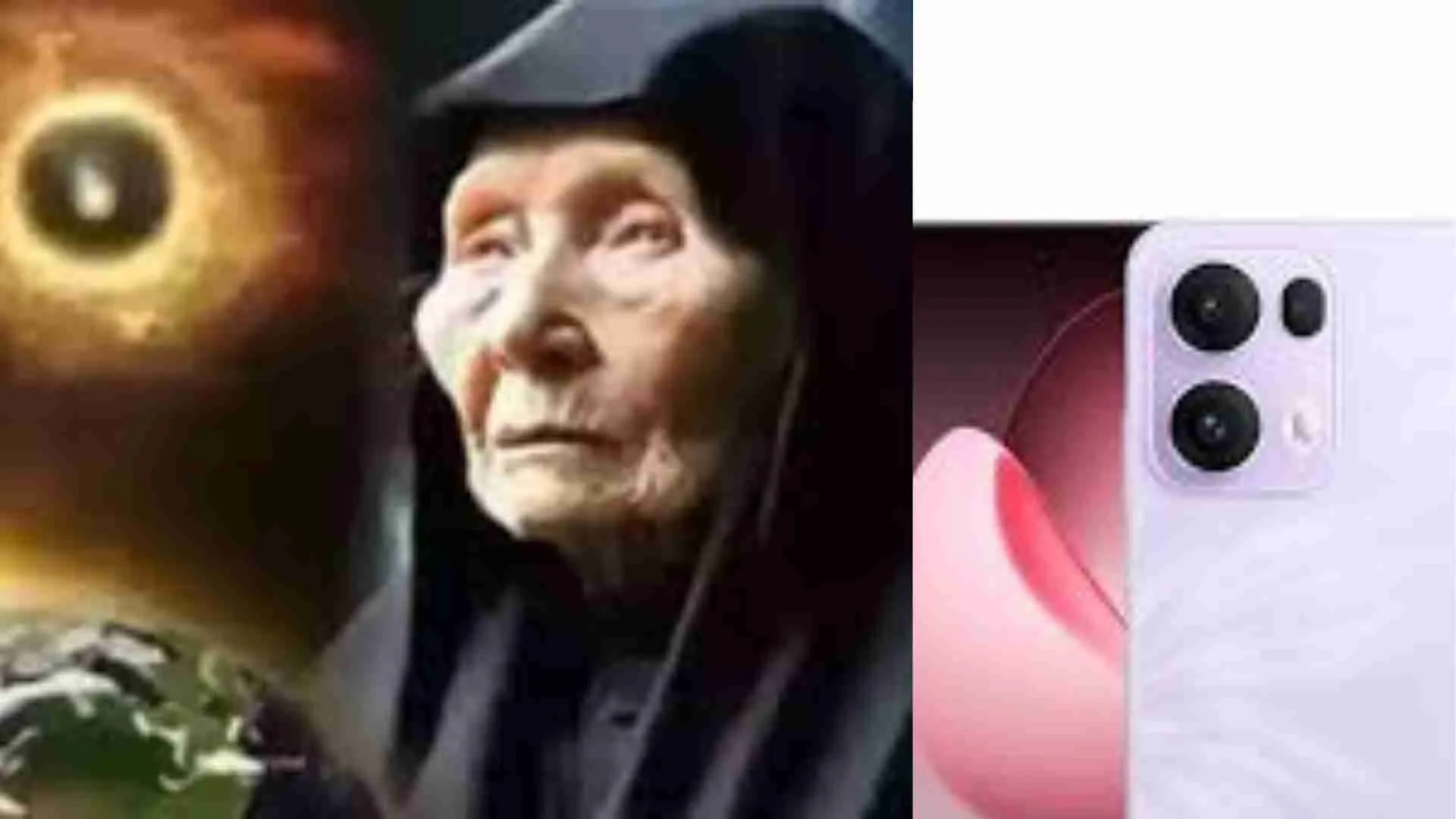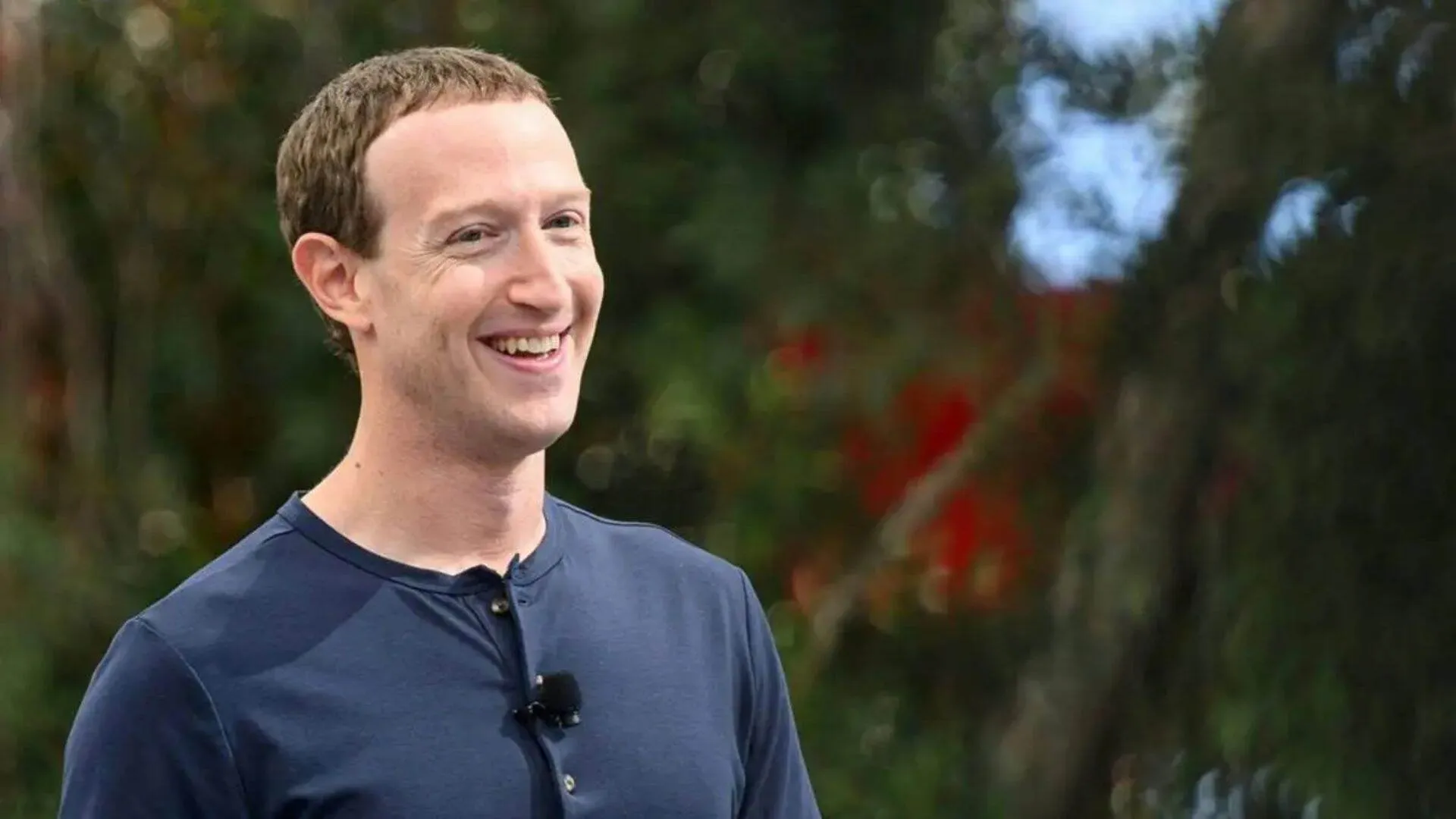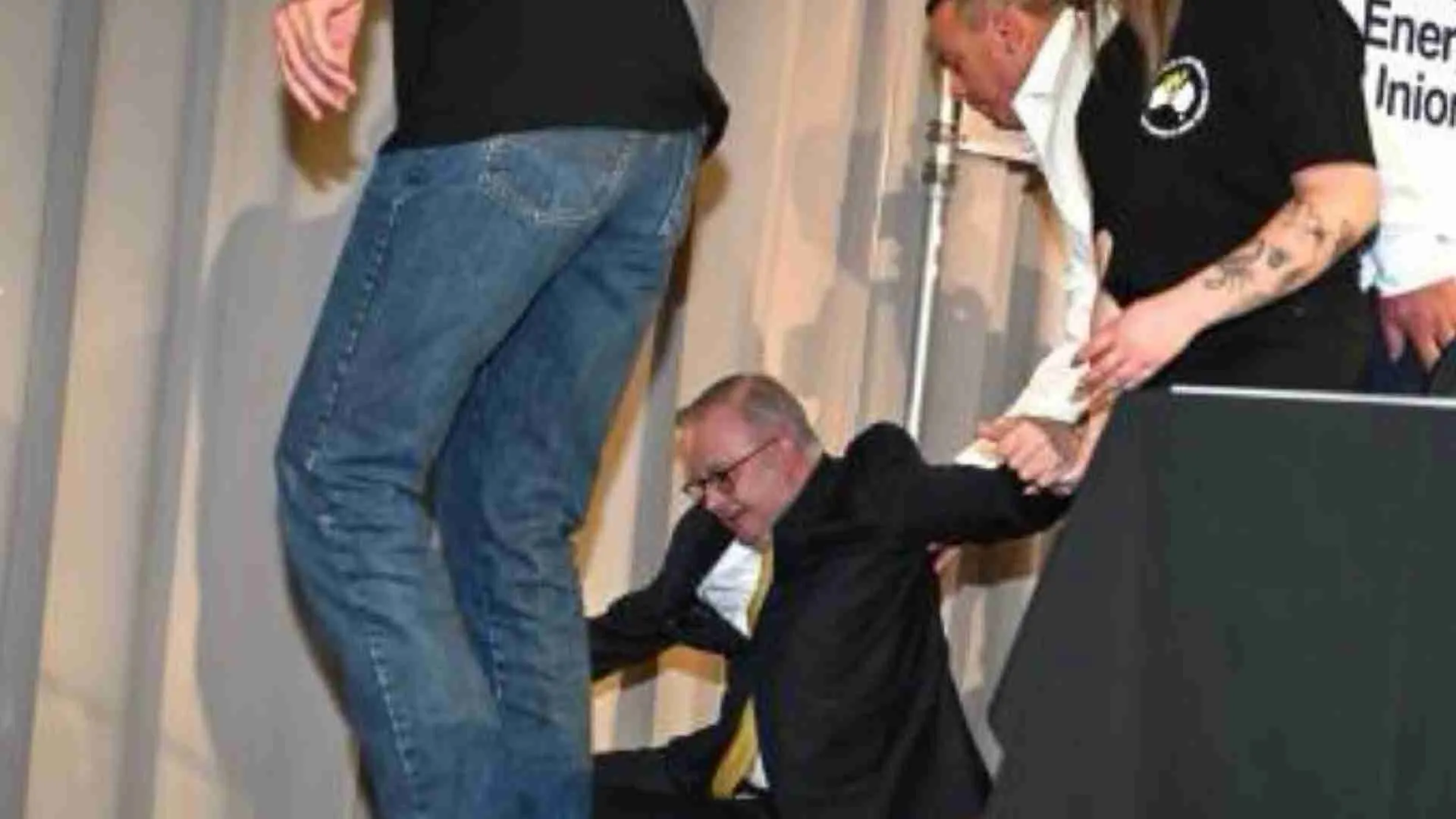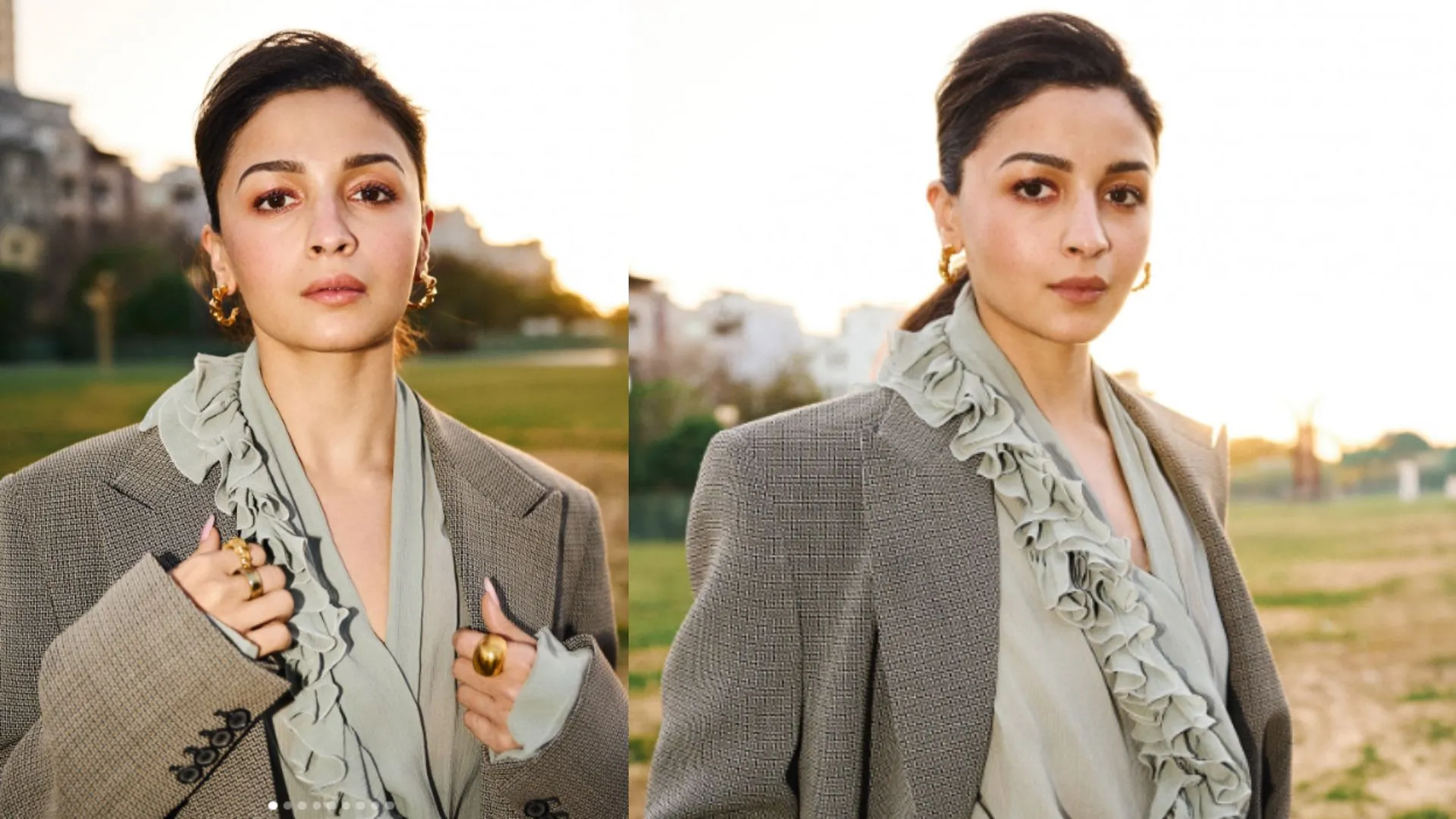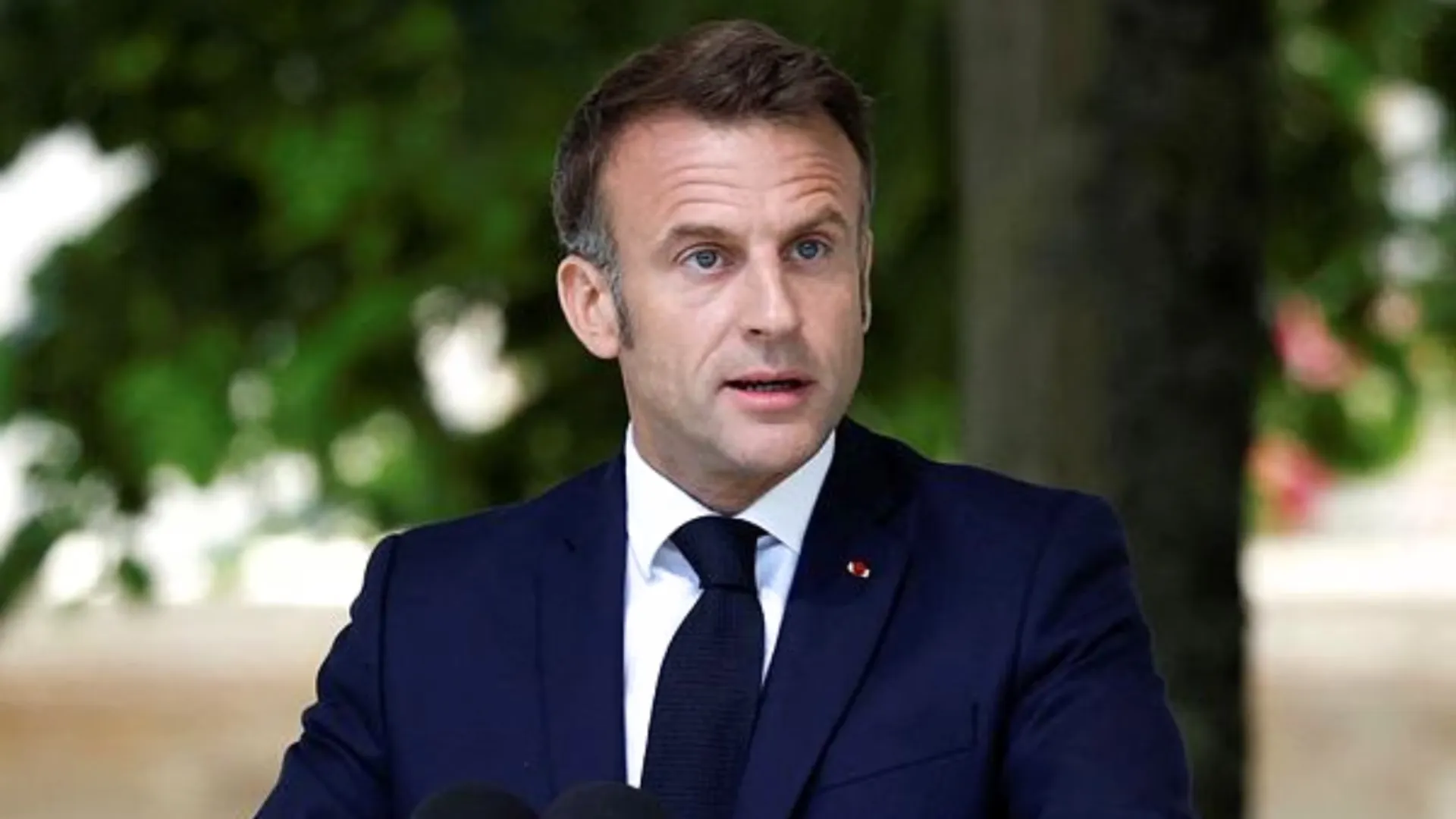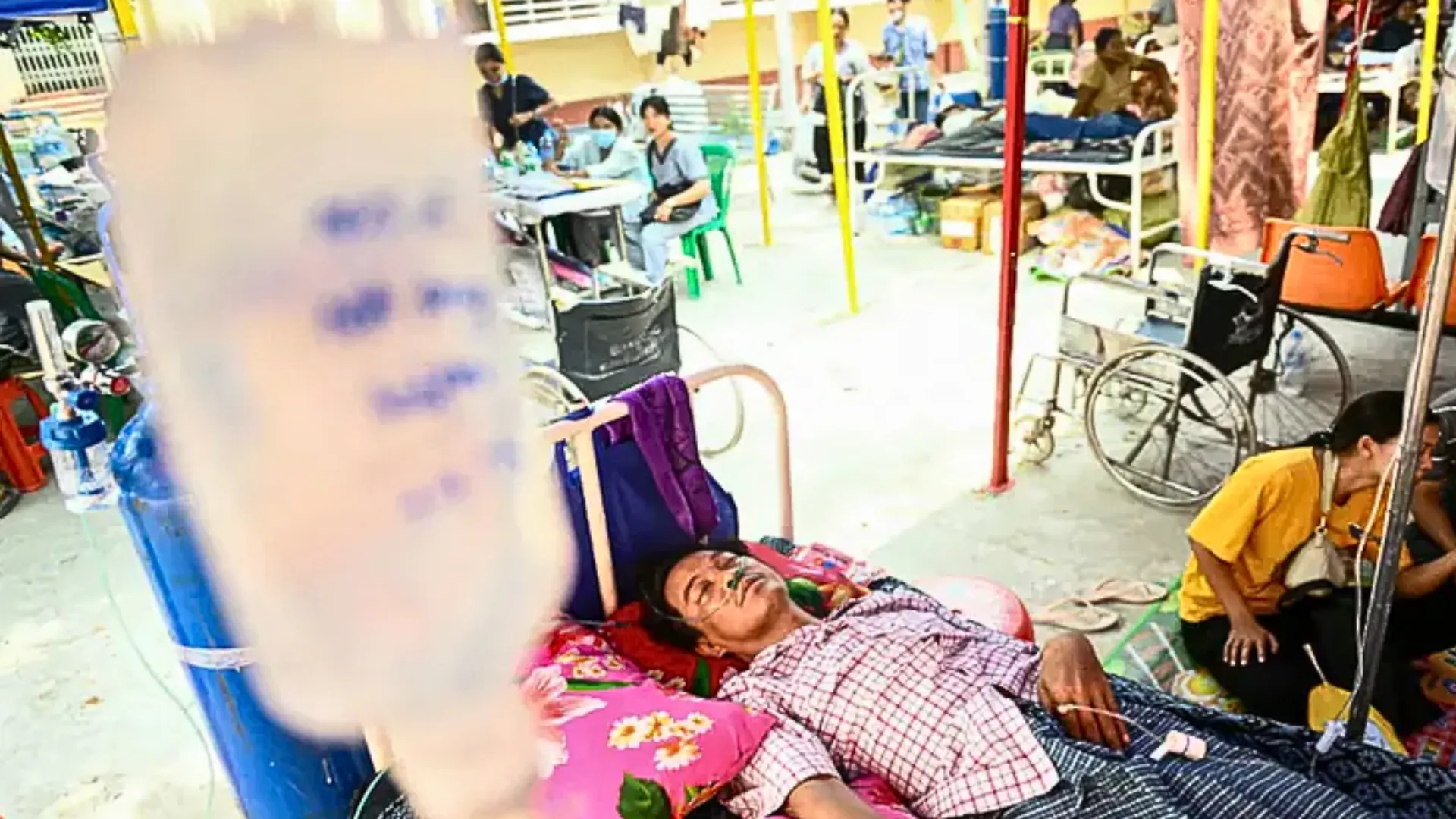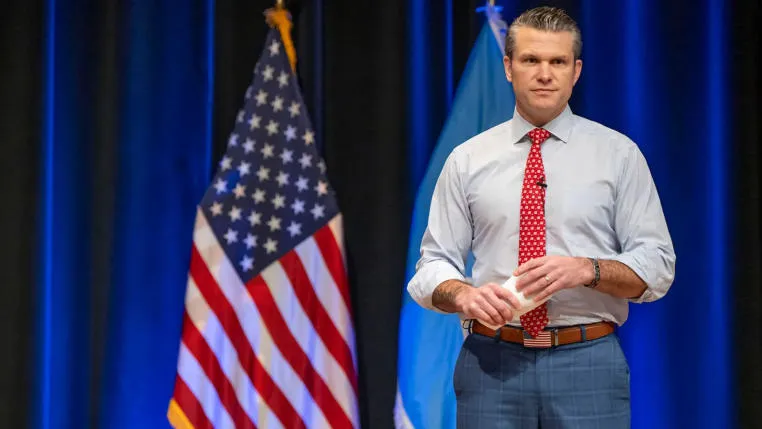Baba Vanga, a blind Bulgarian mystic often referred to as the “Nostradamus of the Balkans,” is renowned for her many predictions, some of which have shockingly come true. Among these is her foresight about a growing obsession with smartphones and excessive screen time, which she predicted well before the advent of the technology.
Baba Vanga’s Prophetic Words on Technology
In her predictions, Baba Vanga foresaw that after the year 2022, people would begin spending more time on their phones than necessary, and that screen time would increase significantly. While smartphones were yet to be invented during her lifetime, her words now seem eerily accurate as we live in an age where people, from children to the elderly, are glued to their devices, be it smartphones, laptops, or television screens.
A report by the National Commission for Protection of Child Rights (NCPCR) in India reveals that 24% of children use smartphones before going to sleep. Furthermore, approximately 37% of children are struggling to focus on their studies due to excessive screen time. These statistics reflect the widespread issue of screen addiction, which aligns closely with Baba Vanga’s predictions.
More Predictions to Come True?
In addition to her prediction about screen time, Baba Vanga also made several other intriguing forecasts. One of the most alarming was her claim that the Third World War would begin in 2025, a global conflict that could lead to a crisis. She also predicted that Muslim rule would be established in Europe by 2043. These claims continue to spark debate and discussion among her followers and skeptics alike.
Who Was Baba Vanga?
Born on January 31, 1911, in Bulgaria, Baba Vanga lost her eyesight during a childhood storm. Despite this, she gained fame for making astonishing predictions about the future, many of which her followers believe have already come to pass. From political upheavals to natural disasters, Baba Vanga’s visions seem to have an uncanny accuracy, leading many to believe that her remaining predictions will soon unfold.
While some may question the validity of her prophecies, the increasing reliance on screens and digital devices, as well as the ominous nature of her other predictions, certainly make us wonder if more of Baba Vanga’s foresight will come true in the years to come.
Whether you believe in her abilities or not, Baba Vanga’s predictions have stirred global conversations, and her words about smartphones and screen time appear to be a part of a larger narrative that seems to be unfolding in real-time. As technology continues to dominate modern life, it raises the question: Did Baba Vanga foresee more than just a trend or was it simply a prediction of a societal shift that we are now witnessing firsthand?

